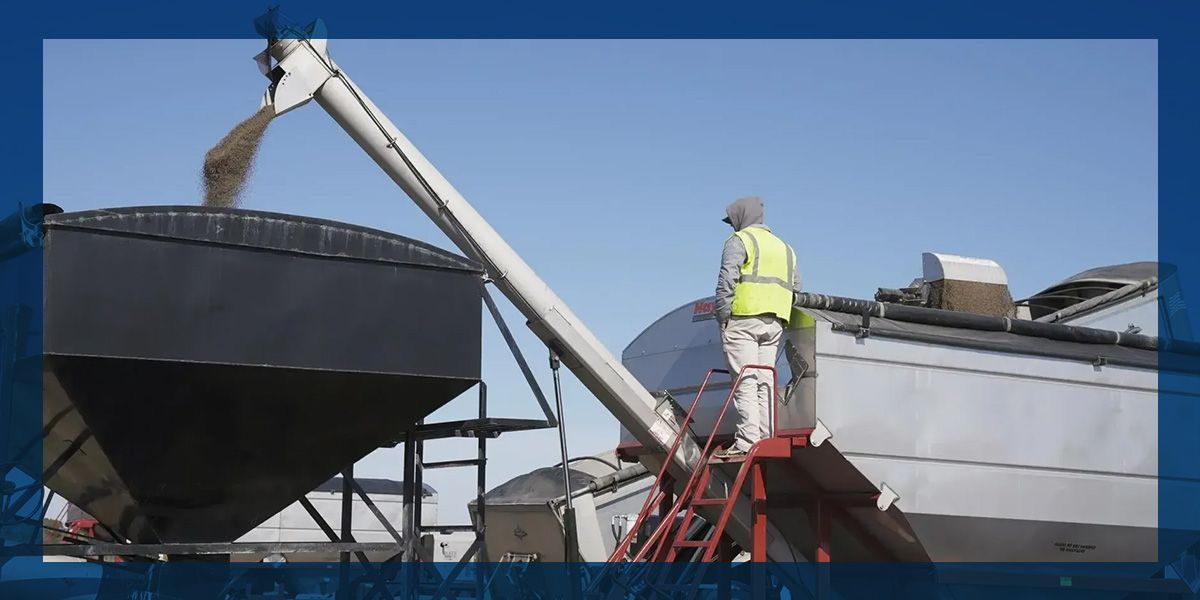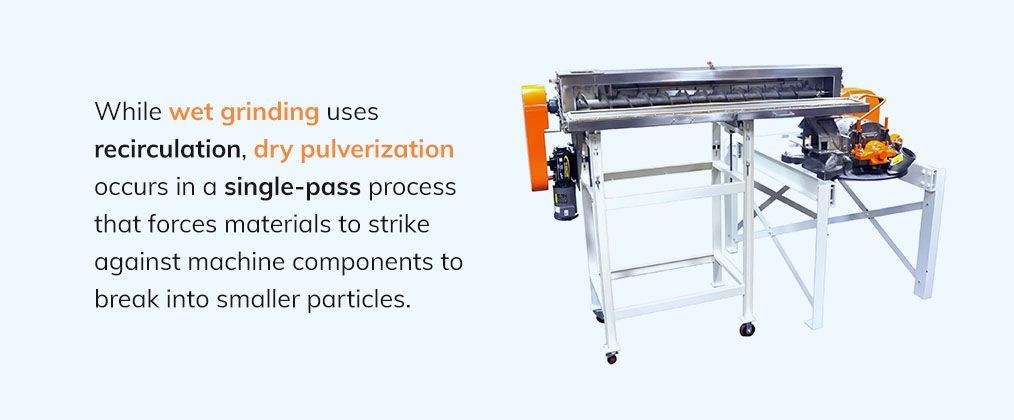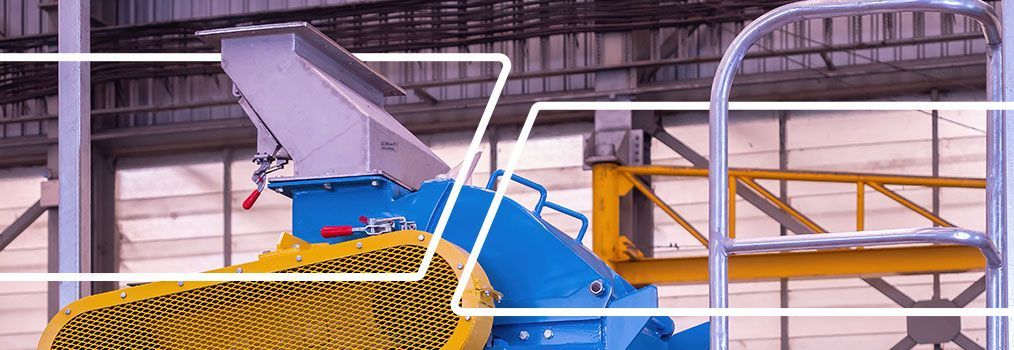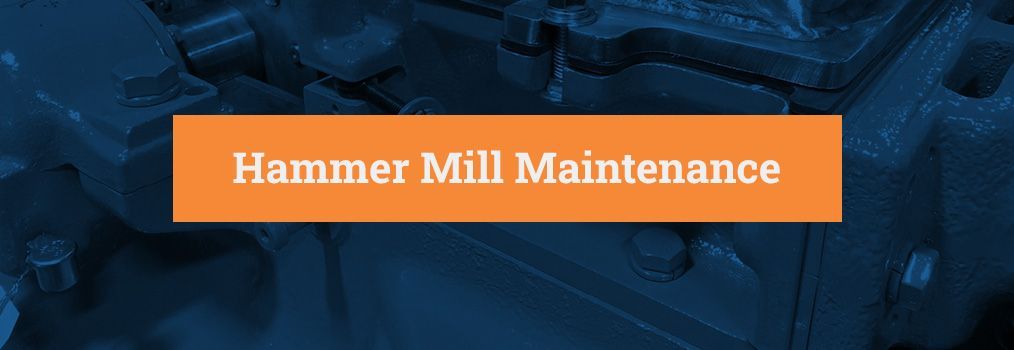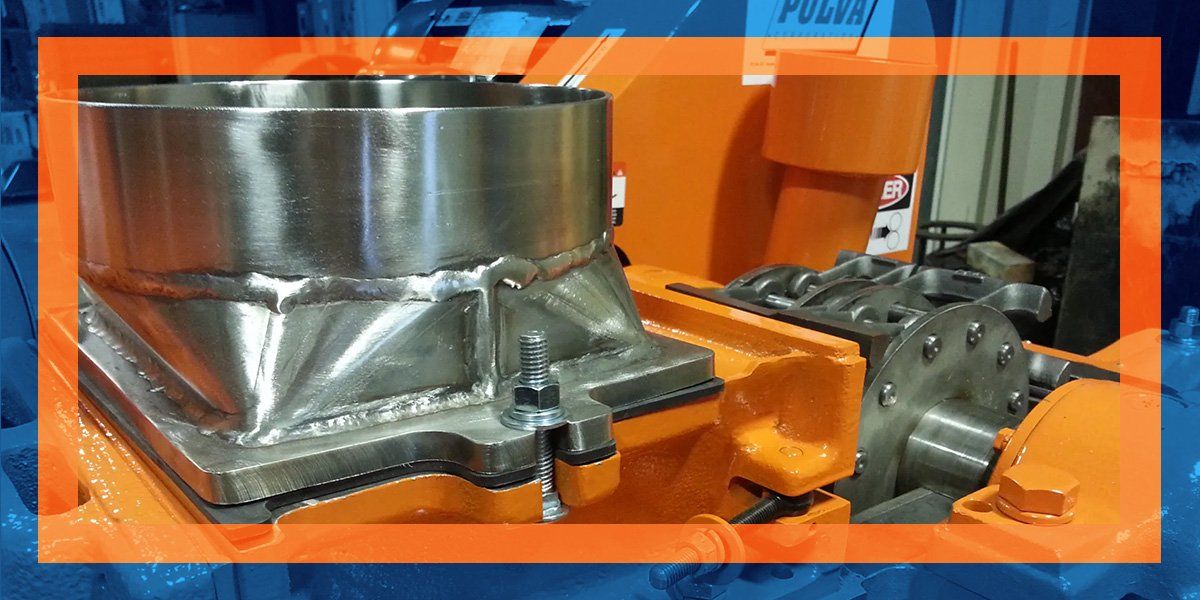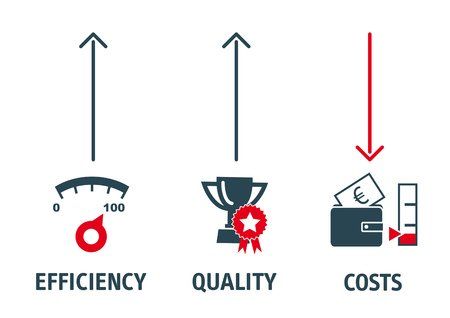The Use and Application of Carbon Black
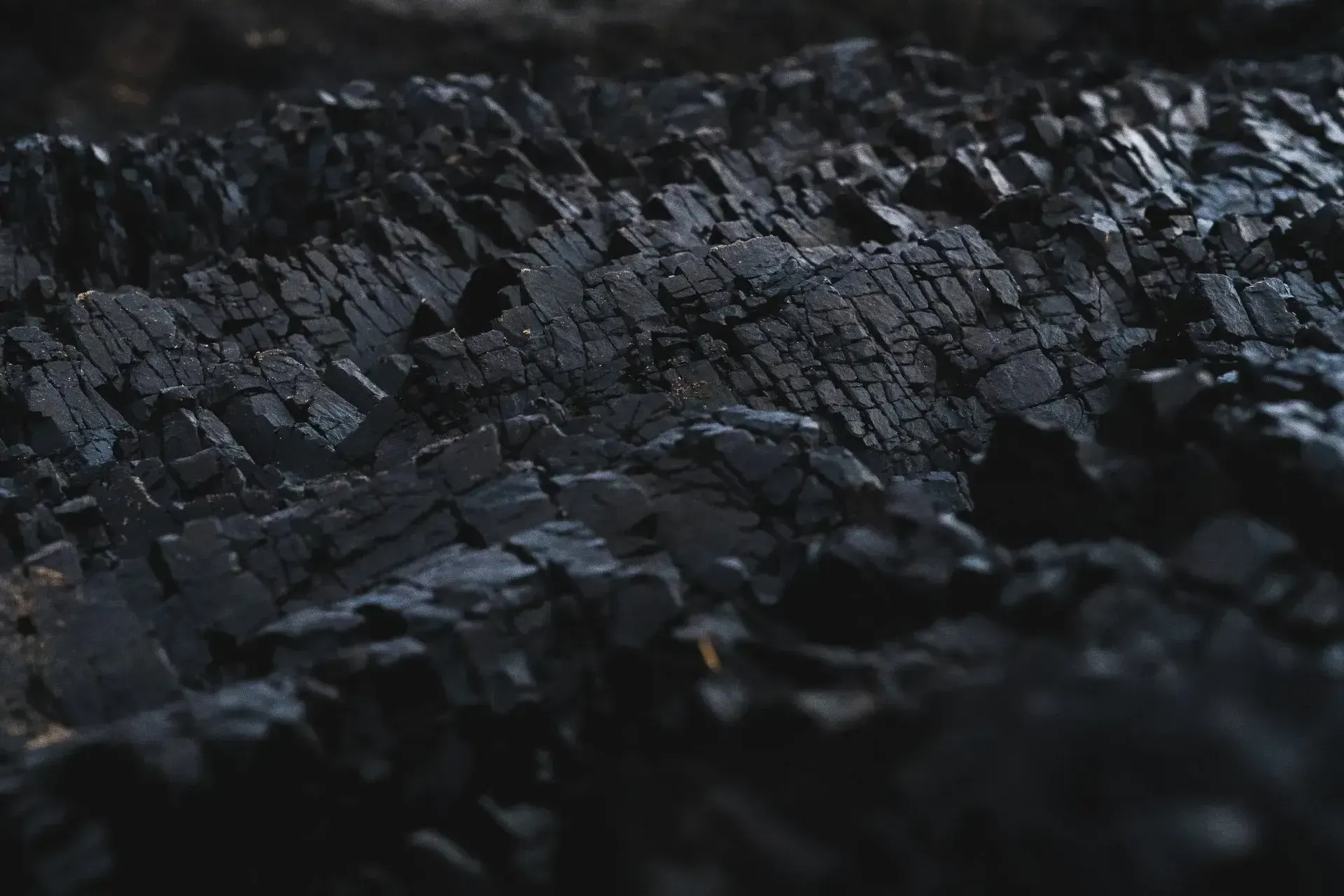
The many uses for carbon black in heavy machinery make it an ideal component. Carbon black contributes to durability, efficiency and safety across industries. Additionally, as a cost-effective alternative to other materials, it's even more beneficial for companies' bottom lines.
From enhancing heavy machinery performance to revolutionizing agricultural machinery, the power of carbon black is beneficial for multiple applications. Learn more about carbon black and why it is an indispensable component in the heavy industry sector.
What Does Carbon Black Do: An Introduction to Properties and Applications
Carbon black is crucial for making many products stronger and giving them a longer life. In pure form, carbon black is a black powder with fine particles. Low-value oil residue partial burning and pyrolysis produces carbon black, which is mostly composed of carbon. Although some applications for carbon black are more common than others, this component can act as an insulating or conductive agent, UV stabilizer or pigment in various coating applications.
The properties of this component determine performance. Properties of carbon black include:
- Particle size: The particle size affects rubber and color properties. Small diameters have higher tinting strength and higher surface area. A higher surface area allows for greater wetness, improved weatherability, and higher conductivity and viscosity. Those in the industry often use the surface area measurement of carbon black to indicate the particle size and fineness level.
- Porosity: A higher porosity allows rubber compounders to increase loading while maintaining compound-specific gravity.
- Physical form: Carbon black's physical form can affect mixing and handling characteristics. Powdered components are ideal for low-shear dispersers and three-roll mills, while beaded components are ideal for ball mills, shot mills and high-energy equipment.
- Structure: This property measures three-dimensional fusion that aids in forming aggregates. Structure refers to the aggregate's degree and shape of branching. Carbon blacks with high structure provide greater electrical conductivity, higher viscosity and easier dispersion. Carbon black structure ultimately determines effects.
- Surface chemistry or activity: Carbon blacks with oxidized surfaces can improve performance, dispersion and wetting in some systems. For other systems, oxidation can increase electrical resistivity.
Applications for Carbon Blacks Across Industries
Carbon black is essential for a wide range of products, most of which we use every day across industries and for daily activities. You can use carbon black for applications such as:
- Protecting pipes from UV radiation degradation
- Providing color-enhancing pigment in ink applications
- Providing color, conductivity and UV protection to plastics
- Enabling better farming through retention, irrigation and UV protection
- Boosting charging characteristics in various batteries to improve efficiency
- Offering UV radiation degradation protection for high-performance coatings
- Complying with purity requirements for consumer or industrial plastic applications
- Extending efficiency and life for cables while ensuring UV resistance and insulation
- Enhancing the mechanical properties of rubber goods like gaskets, belts and hoses
- Improving the strength, durability and processing of tires to increase fuel economy and life span
- Providing UV protection for steering wheels, armrests, gear shifts and other automotive components that contact skin
The Economic Benefits of Carbon Black for Heavy Industry
Carbon black has several economic benefits, making it a long-term solution across industries. Benefits of carbon black include:
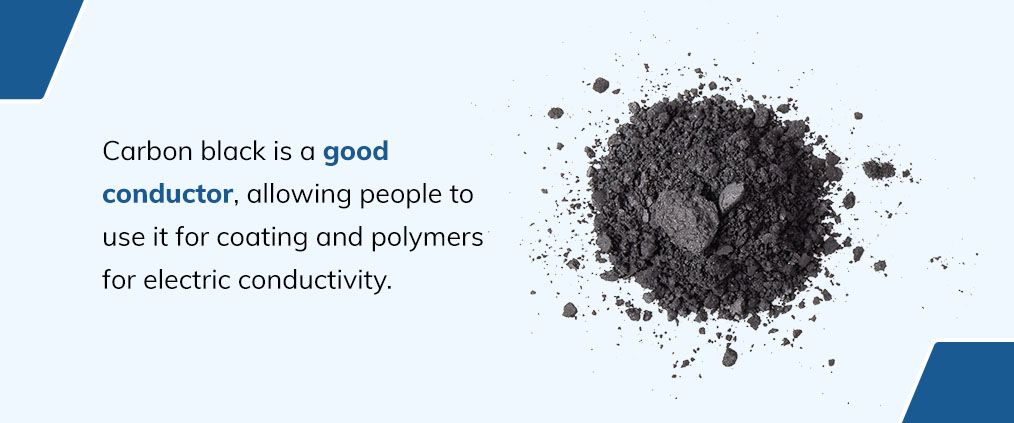
- Reinforcing building materials: Many manufacturers use carbon black, a reinforcing agent, for applications like making rubber, asphalt and concrete. Using this component reinforces material wear resistance, strength and robustness.
- Providing UV protection: Carbon black is a UV absorber, making it a powerful component for protecting building components. This aids in increasing lifetimes and prevents fading, cracking and chalking.
- Boosting electrical conductivity: Some building applications require electrical conductivity, such as creating conductive adhesives, electromagnetic shielding and antistatic flooring. Carbon black is a good conductor, allowing people to use it for coating and polymers for electric conductivity.
- Helping to form more sustainable practices: Carbon black contributes to recycling practices and uses waste materials to decrease carbon footprints. Swapping raw materials for carbon black can further reduce carbon footprints, allowing for more sustainable practices that benefit the environment and industries trying to go green.
- Offering a cost-effective solution: Compared to metals, carbon black is a cost-effective solution for applications like adding pigment. Carbon black is easy to access and has a lower production cost, making it a more budget-friendly alternative for various applications.
The Role of Carbon Black in Heavy Machinery Durability pan and reduce maintenance costs.
Carbon black's versatile properties make it valuable for a range of applications in the construction industry, including increasing heavy machinery durability. This component can increase machinery life span and reduce maintenance costs.
For example, a 2021 study highlights carbon black's anti-corrosion properties. The study showed that using carbon black could improve antioxidation capabilities to alleviate coarsening while acting as stable catalyst support.
Carbon black can also reduce UV degradation and thermal damage, creating more resistant machines and tires that can better withstand this natural process
Future Prospects: The Evolving Role of Carbon Black
Looking ahead, we can see several trends emerging surrounding carbon black. Experts expect the carbon black market to grow over the next few years, with its use in plastics driving the growth. Home textiles, automotive, apparel and agriculture applications will also likely impact carbon black's growth.
We can expect government regulations, consumer preference and technological advancements to shape trends in the carbon black industry. Refurbishing trends will likely increase across marine, automotive, industrial, aerospace and similar sectors that need high-performance coatings.
Find Expert Advice and Solutions in Carbon Black Applications
To use carbon black, manufacturers must pulverize it first. This process requires proper tools and industry knowledge to make the most out of the material. That is where our team and industry experience come in. Pulva Corporation has carbon black pulverizers and grinding machines so you can get the most out of your versatile material.
Since 1938, Pulva Corporation has provided quality equipment, services and parts to meet every customer's needs. As a family-owned business and a leading global pulverizing equipment manufacturer, we understand the importance of a reliable partner and ultramodern equipment.
Pulva Corporation has decades of experience and an extensive stock of inventory to meet your industrial needs. Our abundant inventory, comprehensive services and prompt technical support empower us to provide the resources and components you need to keep running.
Our pulverizers empower you to grind carbon black to the necessary fineness. We offer models for small and large manufacturers to meet a range of needs within your budget. Request a custom quote to see how we can help you.



